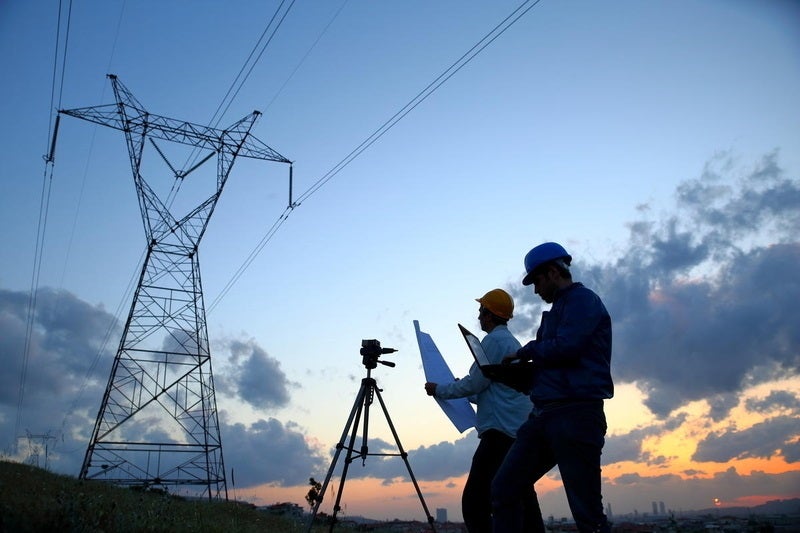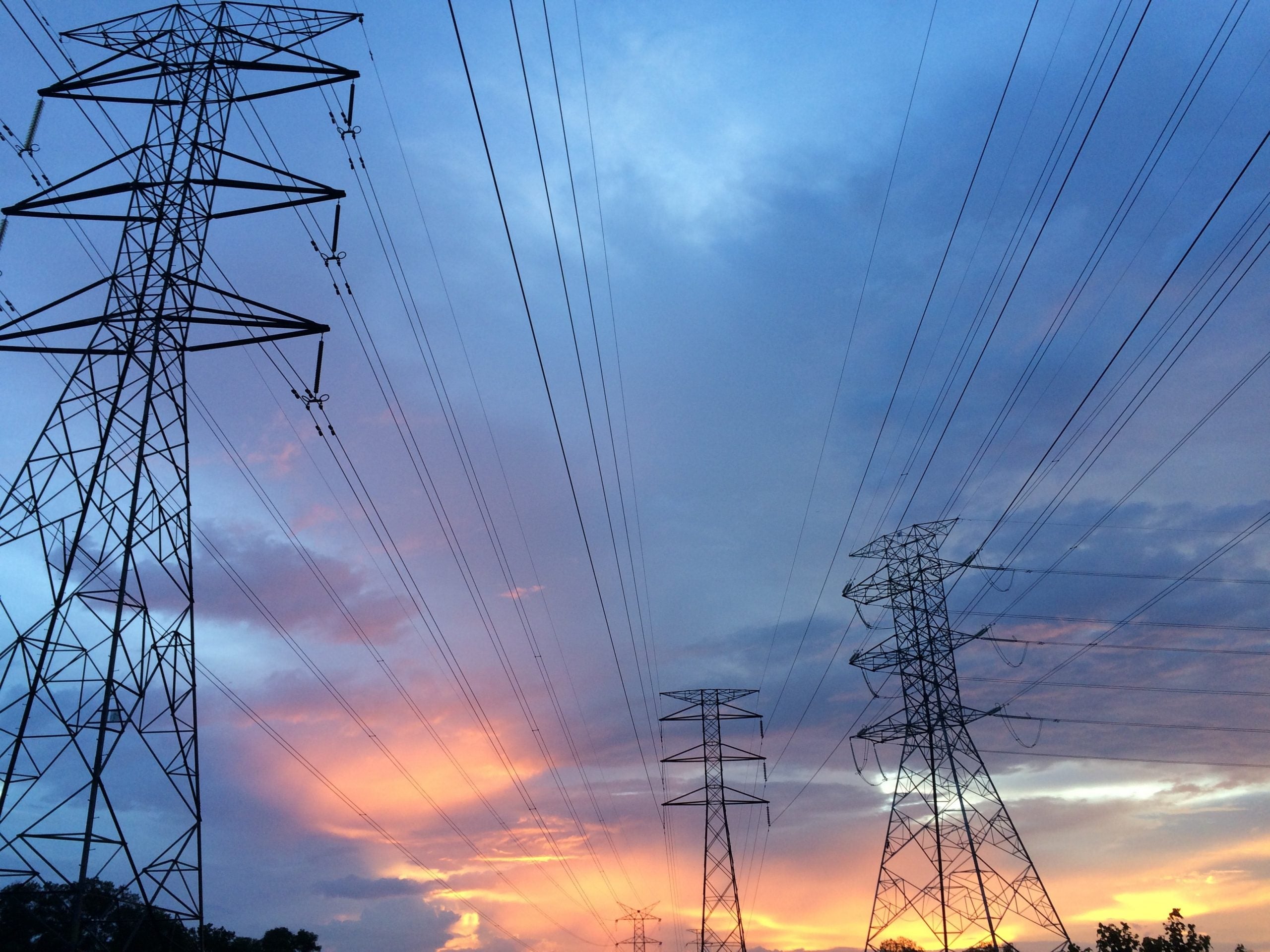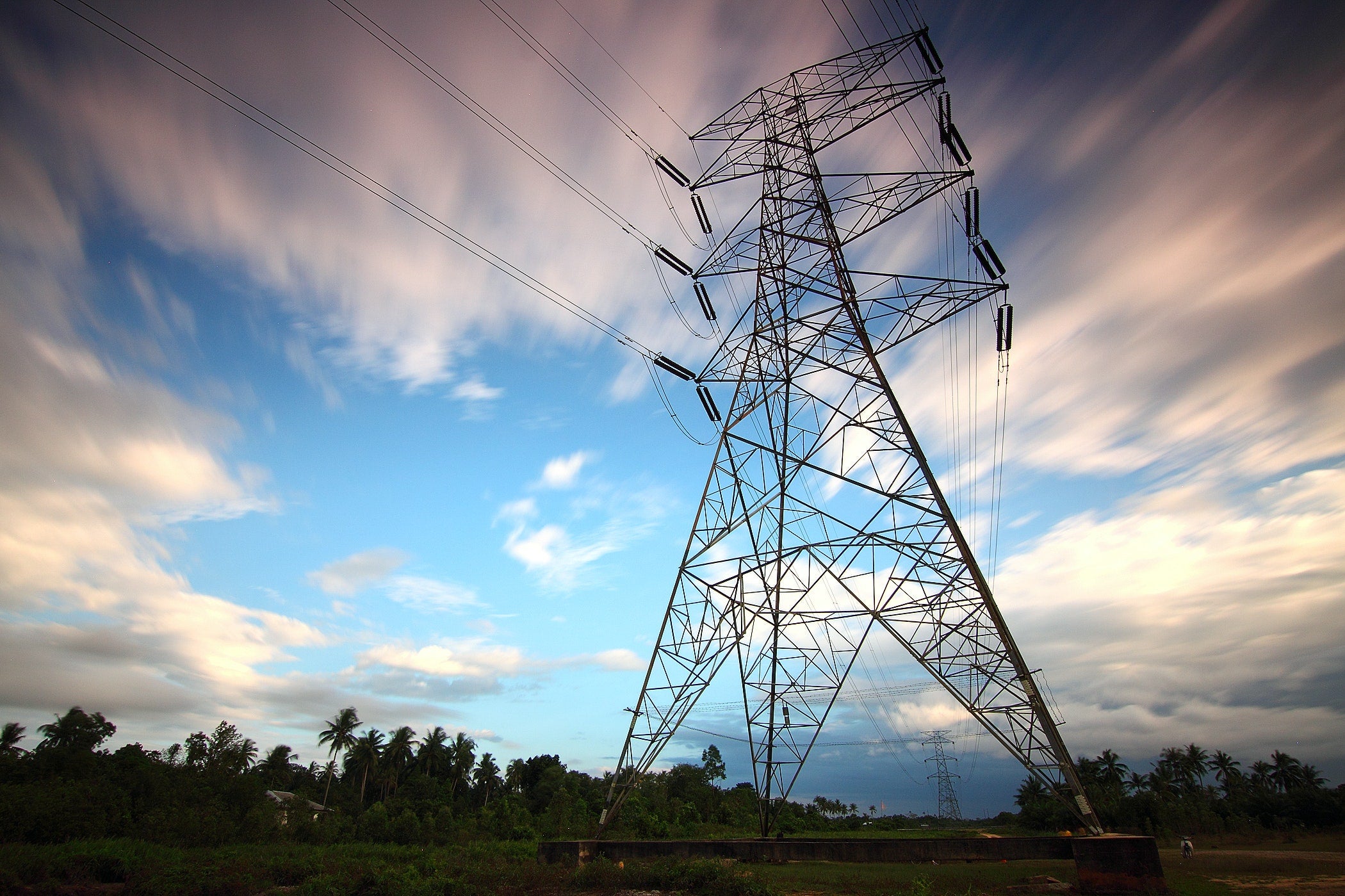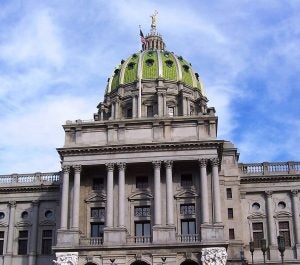
Pennsylvanians, make your voice heard on a major climate rulemaking
As the third-largest greenhouse gas polluter in the U.S., Pennsylvania’s efforts to tackle climate change could be game changing. Now, Pennsylvanians have a major opportunity to weigh in on a policy program that can significantly curb climate-warming pollution in the state. The Pennsylvania Department of Environmental Protection (DEP) has now launched the public comment period for its draft rule to reduce carbon pollution from Pennsylvania’s power plants, by linking with a proven multi-state program: the Regional Greenhouse Gas Initiative (RGGI). This critical rulemaking will reduce pollution from one of Pennsylvania’s biggest sources of carbon emissions – and the public’s support can help push it past the finish line.
A Refresher on RGGI
The Regional Greenhouse Gas Initiative is a flexible and proven cap-and-invest program, currently compromised of 10 Northeastern and Mid-Atlantic states, that allows member states to reduce carbon emissions from the power sector in a simple, cost-effective way.
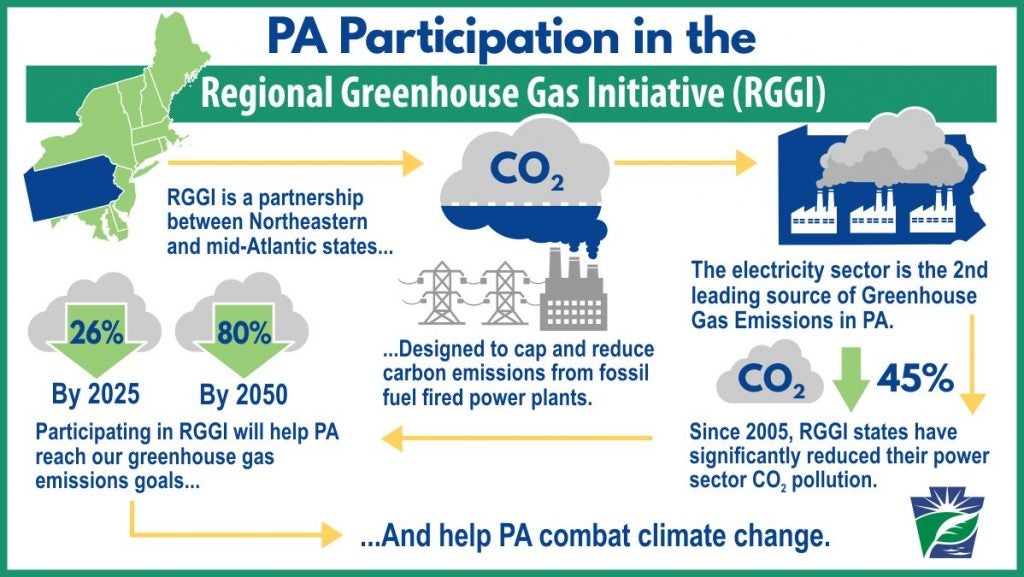
Multiple analyses have shown that Pennsylvania, which has the fifth dirtiest power sector in the nation, can benefit immensely from linking with RGGI:
- Tackling emissions: DEP’s proposed rule ensures a 25% carbon pollution reduction from 2022-2030 in Pennsylvania’s power sector. Without a program like RGGI in place, Pennsylvania’s carbon emissions are expected to rise by the middle of this decade, meaning action as soon as possible is critical to help the state achieve its greenhouse gas emissions targets.
- Generating economic gains: Participation in RGGI will result in a net increase of 27,000 jobs in Pennsylvania and add $1.9 billion to the Gross State Product, putting Pennsylvania on a path to a cleaner and healthier economy.
- Savings for consumers: The average residential electricity bill in RGGI states will be 35% lower in 2031 than it was in 2017.
- Improving public health: Analyses show that RGGI can generate major health benefits. As pollution from power plants has gone down, residents in the Northeast are now experiencing significantly fewer premature deaths, heart attacks and respiratory illnesses.
Pennsylvania’s Path to RGGI
Linking with RGGI has been in the works in Pennsylvania for almost two years. In fall 2018, environmental groups filed a petition for rulemaking in support of Pennsylvania joining RGGI, and the Bicameral Nuclear Energy Caucus highlighted RGGI as a policy option in a report. In January 2019, Governor Tom Wolf signed an executive order that set statewide greenhouse gas emissions reduction targets, and the following October issued an executive order directing DEP to begin the process of participating in RGGI. This step forward was applauded by many government officials, businesses, environmental organizations and energy distributors.
Over the last year, the Pennsylvania Legislature and DEP have held over a dozen hearings and meetings discussing the details and implications of joining RGGI. In September 2020, the Environmental Quality Board (EQB) voted to advance the rulemaking process, moving it forward to the next phase: the public comment period, which began November 7.
Public comment period: An opportunity for Pennsylvanians to have their say
The public comment period will last 69 days, giving Pennsylvanians the opportunity to have a voice in the rulemaking through both written comments and oral testimony at virtual public hearings. This is the time to share feedback on the proposed regulation and emphasize to state leaders just how critical it is that Pennsylvania continues forward with strong climate action, readies itself for the clean energy future, and delivers clean jobs across the state.
Recent polling shows that a strong majority of Pennsylvania voters (72%) support participation in RGGI. Now, let’s make sure that Pennsylvania leaders hear that support loud and clear.
Here’s how you can participate:
You can submit a public comment in support of RGGI here.
The virtual public hearings will run December 8-14. Instructions for registering to give a public testimony can be found on DEP’s website.
Keep up-to-date with the latest developments with RGGI, by signing up to receive our news and action alerts here.










